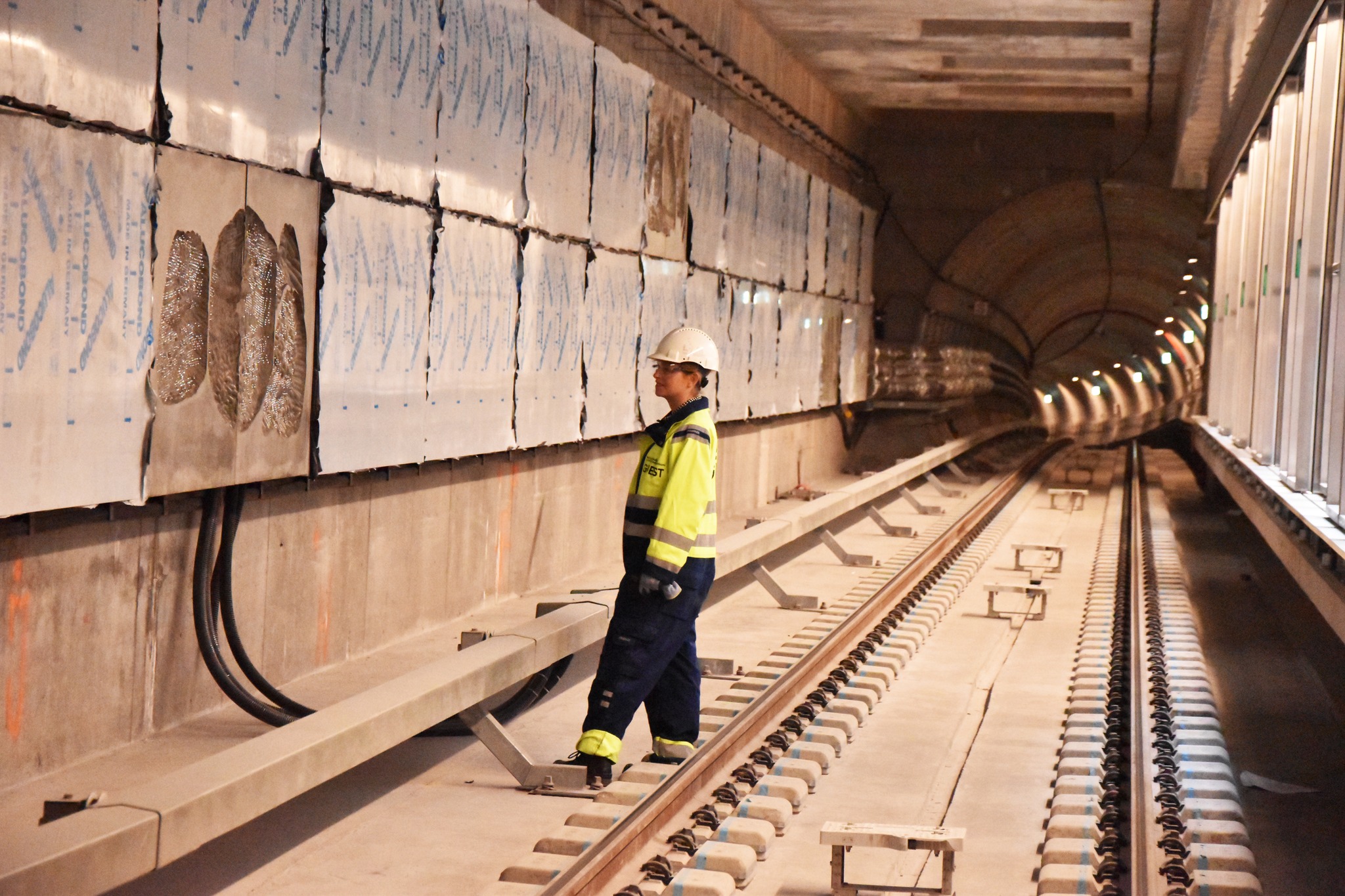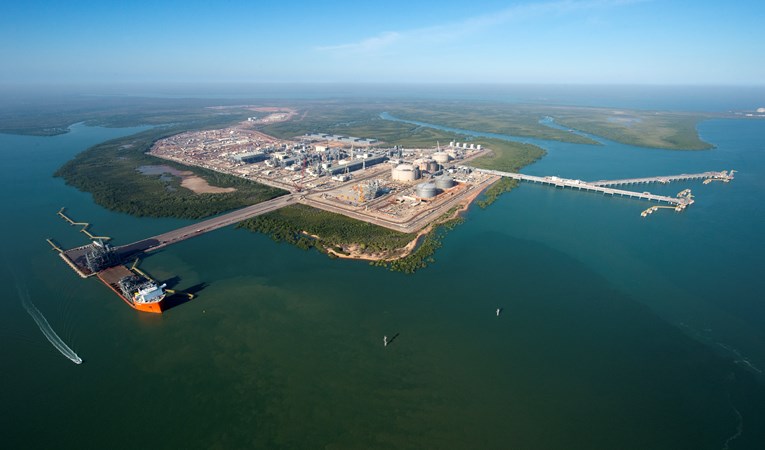Dr Adel Hamad, CEO of GARMCO, shares some of the strategic insights that have enabled the Bahrain-based aluminium rolling operation to become a leading global player.
In an age obsessed with dwindling natural resources, aluminium enjoys a wonderful natural advantage. Bauxite, from which aluminium is extracted, is the most abundant metal element in the earth’s crust. It also enjoys a unique versatility, finding its way into countless applications ranging from moon-bound exploratory shuttles to curling foil in the hair salon.
Upstream activities begin with mining, and initial processing typically occurs close to the point of extraction. Moving down a level are the smelters; and then downstream activity diversifies into plants which carry out extrusion, rolling, casting and powder and cable production. Then there are products destined for direct consumer use. Aluminium foil, for example, has generated a dedicated industry in its own right.
Gulf Aluminium Rolling Mill Company—or GARMCO—is positioned in the middle of this market. The mill in Bahrain produces 165,000 tonnes of cold-rolled aluminium annuallyin coil, flat-rolled sheet, circle and foil, all in an enormous range of sizes, alloys and tempers.
Each segment has a distinct geographical, competitive and application profile. Demand for flat-rolled steel is particularly buoyant, driven by factors such as its growing usage in the new generation of flat screen TVs. It is also widely used in all kinds of electrical and home appliances, transportation, construction and civil works, as well as in the hulls of high speed boats, where it is favoured for its lightness.
Dr Adel Hamad has enjoyed a 20-year career with GARMCO and has been CEO for the past four years. He has witnessed its expansion from a localised milling operation to an international enterprise serving 2,200 customers across 45 countries with a two per cent share of the fiercely competitive global market. Given that there are less than 500 mills in the world, this positions GARMCO as an important player with world-class status that the company is determined to preserve.
In 2011, upgrading of the coal mill took place at a cost of US$5 million; the previous year saw upgrading of the hot mill at a similar cost; and the mill is now in the process of acquiring a new tension levelling line which will require capital expenditure of US$12 million.
“Our rationale for these investments is very simple,” Hamad explains. “The plant is 25 years old and requires upgrades to take us into the future. As part of our five-year plan we make regular assessments of how we can respond more effectively to customers’ needs and these investments will impact at many levels. They will reduce bottle necks and improve our productivity, cost control and quality. Increased output will also enable us to respond even more rapidly.”
Previous investment in areas such as quality and health & safety has seen GARMCO handed an impressive number of awards and certifications over the years, including the British Safety Council Award as far back as 1990; the 1999 Excellence Award from the Bahrain Ministry of Labour;ISO 9001:2000 in 2006; OHSAS 18001:2007 in 2008; and the International Stevie Award at the Eighth Annual International Business Awardsearlier this year.
Looking to the future, Hamad anticipates an additional plant in Oman which will become operational in 2013. “We are very eager to be in a position to more fully meet demand with the expansion of our foil mill in Bahrain. This will see us produce 35,000 tonnes next year as well as expanding our recycling capability to produce 100,000 tonnes from scrap.”
Aluminium, he points out, is increasingly acting as a substitute material in products that would have traditionally relied on iron and steel. “Technical innovation has enabled aluminium to be produced that duplicates the strength of steel but without the weight,” he comments. “Also, unlike steel, it does not have a tendency to rust or disintegrate over time and it can also be recycled, which has very positive cost and environmental implications. Already we are seeing 15 m. tonnes re-used every year and the recycling rate in some countries like Brazil is as high as 78 per cent.”
But despite buoyant global demand and an abundance of raw material, it is not an easy market in which to create an impact. Because of the advantages enjoyed by state-protected Chinese mills, great strategic insight is required to make any headway.
“There are 478 rolling mills globally and 267 are in China; this fact has a very significant effect on the market,” he declares. “China does not comply with free market trade ethics and exporters receive an 18 per cent rebate from the Chinese government, creating an instant price advantage. Chinese mills also have lower labour, land and energy costs. Another barrier is the strong price differential in China’s favour between the London Metals Exchange Index versus the Shanghai Index—so you can see it is not an easy market to operate in,” he says.
Many mills in the West have been unable to withstand the pressure and have closed. “To respond, we have had to find other ways to compete and the only route open to us is via superior service and quality, which are the values that lie at GARMCO’s essence,” he adds.
In response, GARMCO has developed an international network that takes its output directly to customers. Approximately half of the mill’s output is sold directly in the Middle East where proximity has created an immediate synergy with customers. The remaining 50 per cent is sold through subsidiary companies.
“All of our subsidiaries operate under a detailed corporate governance code and comply with all local regulations,” he explains. “But we have a local management team and board of directors, as well as shareholder agreements in place in each location. We want a flexible balance between centralised management to maintain the highest standards of corporate integrity and autonomous practice which enables us to address local issues, in terms of language, time zones, cultural and business practice. A local presence and large stockholding capacity also enables us to meet very demanding just-in-time delivery schedules and meet a very wide range of specifications.”
With an international network already in place, the next stage of development will focus on a shift upstream to reduce material costs. But Hamad also sees further downstream opportunities—and one is very close to home. “The government of Bahrain has announced a development initiative that will see 26 projects become available for investors in the region which will all take flat-rolled aluminium products. We want to do everything we can to support this venture that will bring further growth and prosperity to the region,” he concludes. http://www.garmco.com
DOWNLOAD
 EMEA-Nov11-B1-GARMCO-Bro-s.pdf
EMEA-Nov11-B1-GARMCO-Bro-s.pdf













